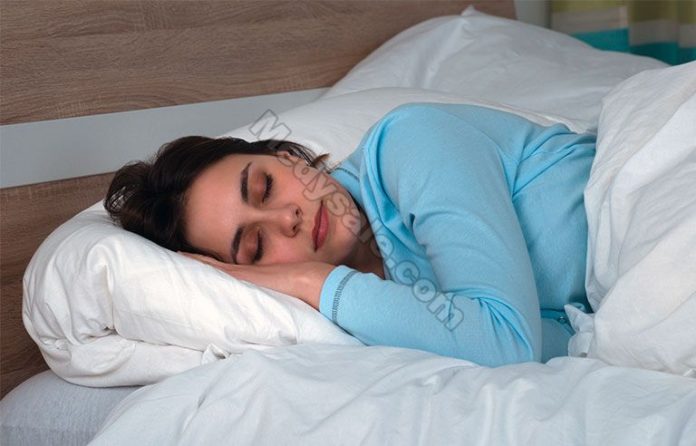Sleep is the king of psychological well-being as well as dismay. It supports many things.”
One possible psychiatric disorder is sleep problems like insomnia. People often ignore insomnia and don’t seek medical attention. It slowly but surely becomes a contributing factor to some mental disorders.
A person suffering from insomnia that has a short sleep duration activates both the stress system and their limbs. Psychological hyperarousal can also be a problem, resulting in adverse effects on physical and mental health.
Between 20-30% of the population experiences poor sleep and other symptoms that can lead to insomnia. Chronic insomnia affects 10% of the population. About 4% of people rely on sleeping pills daily. We wonder if this is a reason why insomnia is so common. These issues require your attention before you take medications such as Modalert.
Insomnia symptoms
It may be difficult for people suffering from insomnia to fall asleep. They are usually awake at night. They may need to sleep for longer than 30 minutes before they fall asleep. It is possible for them to struggle to get into deep sleep mode, which can lead to a disruption in their sleep cycle. Anxiety, tension headaches, and lack of focus can become part of daily life. To combat the adverse effects of insomnia, professionals and students may use Waklert.
Sleeplessness and mental health
This will be divided into two categories: insomnia with normal or short sleep duration. Both conditions are susceptible to psychological vulnerability, cognitive, emotional and cortical arousal. There is also a higher risk of developing psychiatric disorders.
People with insomnia who have normal sleep duration feel less psychological hyperarousal. They are more likely to remit, and have a anxious-ruminative profile. They don’t have a high risk of cardiovascular morbidity or mortality.
Short-sleep sleep insomnia can lead to biological vulnerabilities, impaired neurocognitive function, and an increased risk of cardiovascular morbidity or mortality. These conditions are more likely than others to continue.
Mental illnesses such as anxiety, stress, and depression can develop when the normal sleep cycle is disrupted. These symptoms can be reduced by taking medication like Modvigil.
Insomnia can cause mental health issues
People who are suffering from insomnia often experience frustration, anxiety, bipolar disorder (ADHD, ADHD, depression), and other symptoms such as confusion, frustration, anger, sadness, and even despair. It can be said that insomnia and mental illness are bidirectional. Some people suffering from the believe that if they fix their sleep apnea, their mental health will automatically be restored. Without a doctor’s approval, this cannot be agreed upon.
Disordered sleep can also lead to sleep-related movements disorders such as restless leg syndrome and circadian rhythm disorders. Parasomnias such as night terrors can also occur. People who aren’t sleeping well may feel mood swings.
Emotional processing
It is not clear how insomnia can lead to mental illness. Research suggests that insomnia may impact the brain’s ability to process negative emotions. People who aren’t getting enough sleep show more emotional reactivity than those who get enough.
A study found that insomnia causes more activity in the brain’s emotional processing area. In other words, insomniacs are more likely to react negatively to negative emotions. They are therefore more susceptible to anxiety, depression, and other negative effects. In such cases, cognitive behavior therapy is used. It’s a training program that helps patients who are sleep-deprived to interpret emotional information more positively.
Treatment of Sleep Disorders
Research is conducted on many topics to improve sleep quality. Medical practitioners may prescribe the drug as well as other non-drug treatments. Etizolam may be prescribed to patients. The effects of the treatment cannot be felt immediately. The body may need to adjust to these medicines over a period of time.
A few lifestyle changes are necessary, along with physical activity and good sleep hygiene. To bridge the gap between mental illness and insomnia, there are many relaxation techniques and cognitive behavioral therapy.
Conclusion
You must make changes such as limiting napping, creating a nightly routine and avoiding alcohol, as well as avoiding caffeine or alcoholic drinks. Act fast before the mental and physical health problems of insomnia and mental illness take a toll on you. If you don’t find a solution to your sleeplessness or mental illness, you’ll end up ruining your life. It’s the best time to get it under control!



